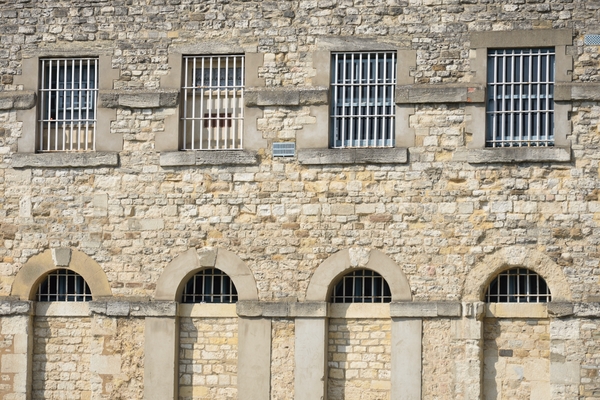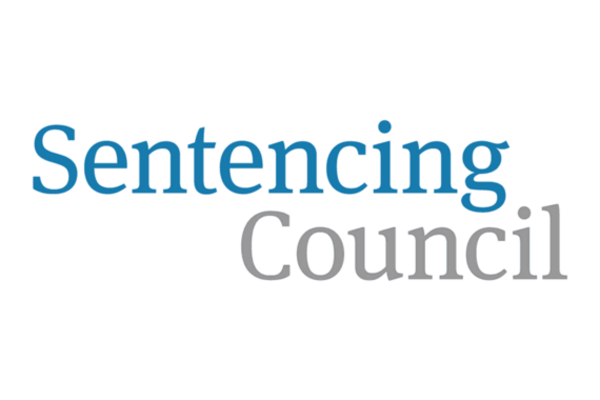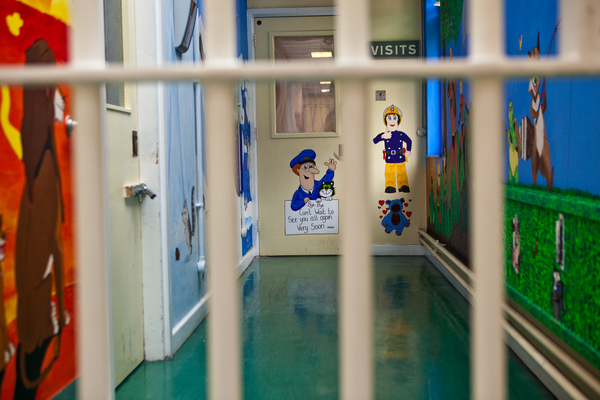Birth Companions’ statement on the conclusion in the inquest into the 2019 death of Aisha Cleary at HMP Bronzefield
Today (28 July 2023) the Coroner gave his conclusion in the inquest into the tragic death of baby Aisha Cleary, born in her mother’s prison cell in 2019.
Speaking in the Surrey Coroner’s Court, HM Senior Coroner Richard Travers noted significant failings in the care provided to Aisha’s mother by social services, healthcare, and the prison, including a stark lack of consideration for her mental health needs. Mr Travers said that while he was unable to ascertain whether Aisha died shortly after birth, or was stillborn, it was clear there had been real opportunities to identify the fact that her mother Rianna was in labour, and that, had she been transferred to hospital when she called for medical assistance, Aisha would have been given clinical care that may have ensured her survival.
The death of baby Aisha, whose 18-year old mother Rianna’s calls for help went ignored by the prison, had already been the subject of an extensive investigation by the Prisons and Probation Ombudsman. The Ombudsman concluded that “pregnancies in prison should be treated as high risk by the virtue of the fact that the woman is behind a locked door for a significant amount of time.” The NHS went on to categorise all pregnancies in prison as high risk.
Commenting on today’s decision, Naomi Delap, Director of Birth Companions, said:
“The deeply distressing witness testimony heard in this inquest adds to the considerable weight of evidence showing that prisons are not, and will never be, safe environments for pregnant women. We welcome the Coroner’s conclusion.
“The prison system, by its very nature, creates significant barriers to healthcare. We’ve been working with pregnant women in prison for 27 years, during which time we’ve seen and heard of other tragic deaths as well as many serious incidents and near misses. Things have to change.
“It’s not enough to promise improvements in care that we all know will be impossible to deliver. The government can, and must, end the imprisonment of pregnant women and mothers of infants.
“This is far from a radical position. In the vast majority of cases the imprisonment of pregnant and postnatal women is unnecessary and avoidable. It is a choice made by the legal system in this country.”
At least eleven other countries, including Brazil, Russia, Ukraine and Mexico, do not permit or severely curtail the incarceration of pregnant women. Instead, these countries prioritise use of community sentences, probation supervision, house arrest or electronic monitoring. Italy also prohibits pre-trial detention (remand) unless there are exceptional circumstances.
Delap added:
“A focus on sentencing alone will not keep all women and babies safe. The use of remand, which has spiralled in recent years, must be ended. We also need to address the criminalisation of women whose offending is largely driven by experiences of trauma, abuse and poverty, and unmet needs associated with mental ill-health, domestic abuse and the use of substances.”
The Coroner heard evidence from over 50 witnesses in the inquest, which ran from 3rd - 31st May. This included evidence from the London Borough of Camden’s Head of Safeguarding and Quality Assurance, who accepted that debates between Camden and Haringey social services teams over who was responsible for Rianna “will have left her feeling unwanted and uncared for”.
Delap said:
“This tragic case also highlights the urgent work needed to improve the way local authorities support girls in their care, and women whose unborn babies and infants are subject to child protection proceedings. Rianna had been in and out of care throughout her own childhood, and her transition from child to adult services was poorly managed. Support for Rianna was even more fragmented when she became pregnant and attention shifted to her baby, and it was compromised yet further when she entered the prison system. This picture is all-too common.
In her own witness statement, Rianna said: “When I was pregnant, I felt like everyone in authority was putting pressure on me, like other people were making decisions for me and I was not involved. I was told I would only get five minutes with my child and the police would be there to take the baby away.
“I felt like nobody, both in the community and in prison, was trying to understand me or what was going on for me. I did not feel that anyone was on my side. I felt like they were not giving me a chance before she was even born.”
Naomi Delap added:
“If the government ends the use of custody for pregnant women and mothers of infants; if it prioritises services that address the root causes of offending; and delivers better support for girls and women in local authority care; it will break intergenerational cycles of disadvantage and deliver huge benefits for women, their families and society.”
Notes to editors:
The Coroner will hear evidence to inform recommendations on ‘Preventing Future Deaths’ at a later date in order to highlight the changes that are needed in response to evidence in this case.
There are 12 women’s prisons in the UK.
Between April 2022 and March 2023:
- There were 194 pregnant women in prison [1]
- The highest number of pregnant women in prison in one month was 58 women, in January 2023
- The lowest number of pregnant women in prison in one month was 29 women, in September 2022
- There were a total of 44 births to women spending time in custody
- 43 of these births took place at a hospital
- 1 birth took place either in transit to hospital or within a prison
- The total number of applications to Mother and Baby Units decreased compared with the previous year; 78 applications compared with 88 in 2021/22
- 40 applications were approved
- 15 applications were refused
- The number of women and babies received into MBUs increased for a second year running
- 51 women and 44 babies were received into MBUs (compared with 39 women and 40 babies in the previous year).
Two babies are known to have died in women’s prisons in the past four years: one at HMP Bronzefield in October 2019, and one at HMP Styal in June 2020.
Birth Companions is a national charity specialising in the needs and experiences of pregnant women and mothers of infants in the criminal justice system.
Read Birth Companions’ manifesto for the next government.
For interviews contact: Kirsty Kitchen
[1] HMPPS revised this figure from 196 to 194 on 4th October 2023.





